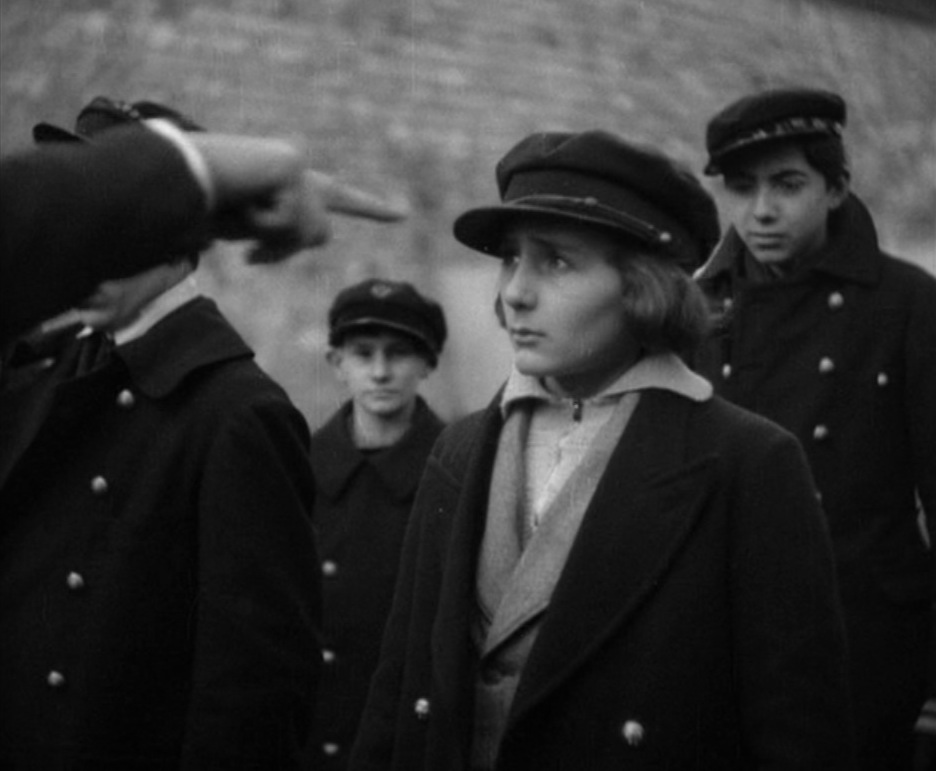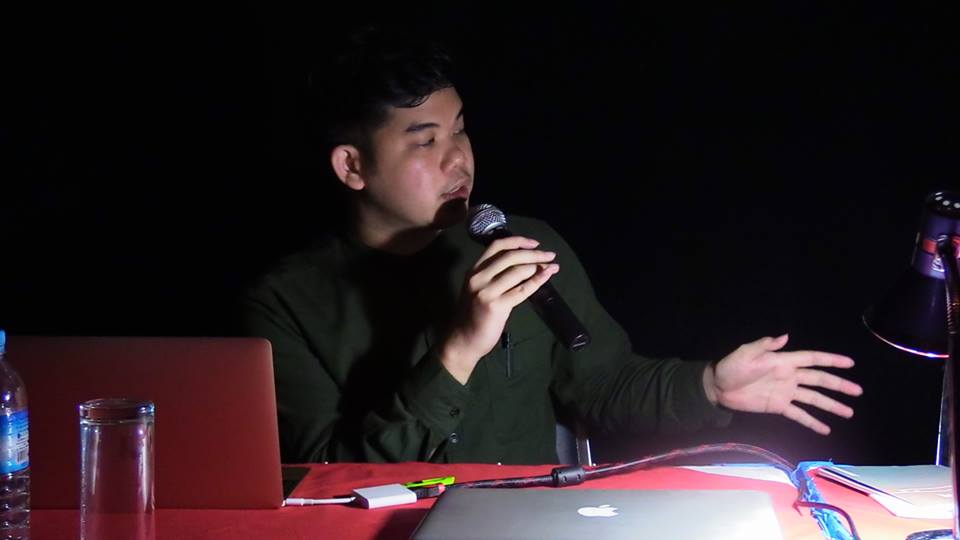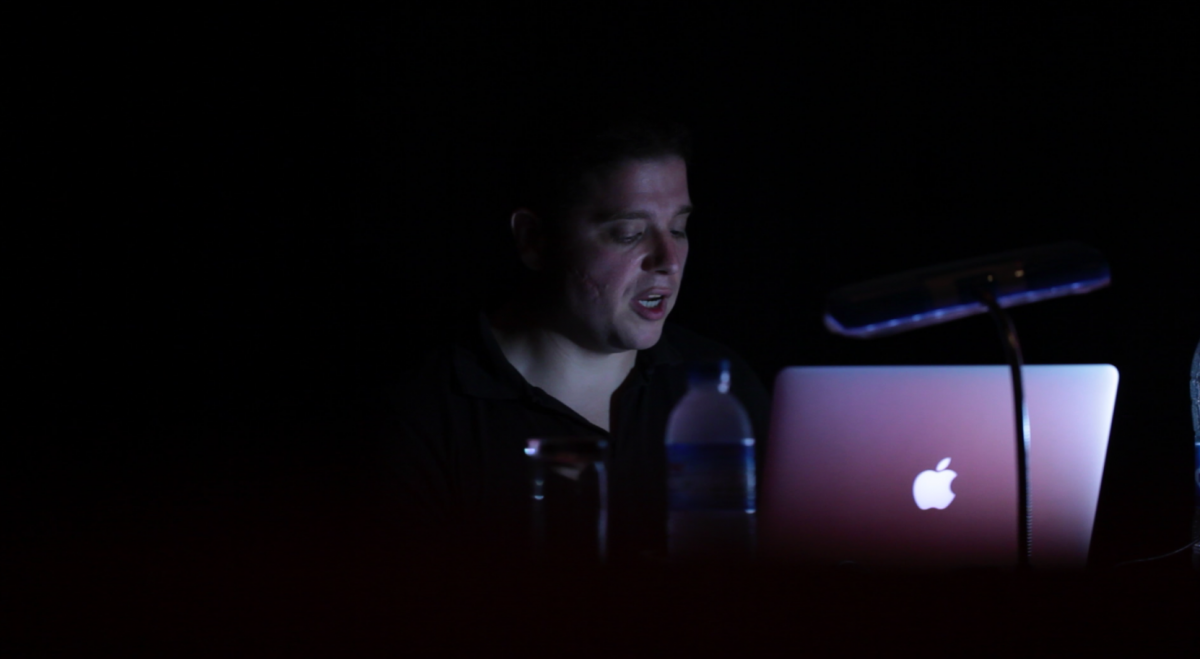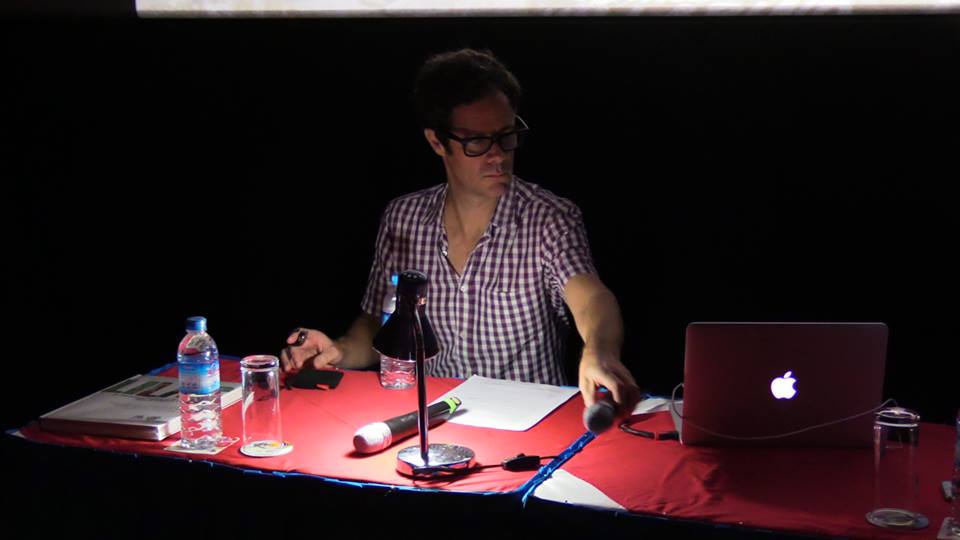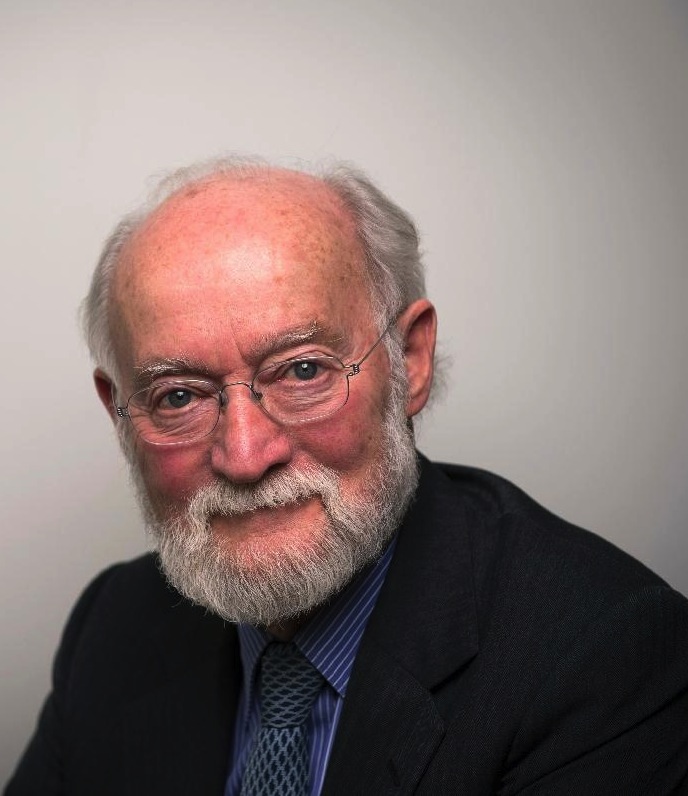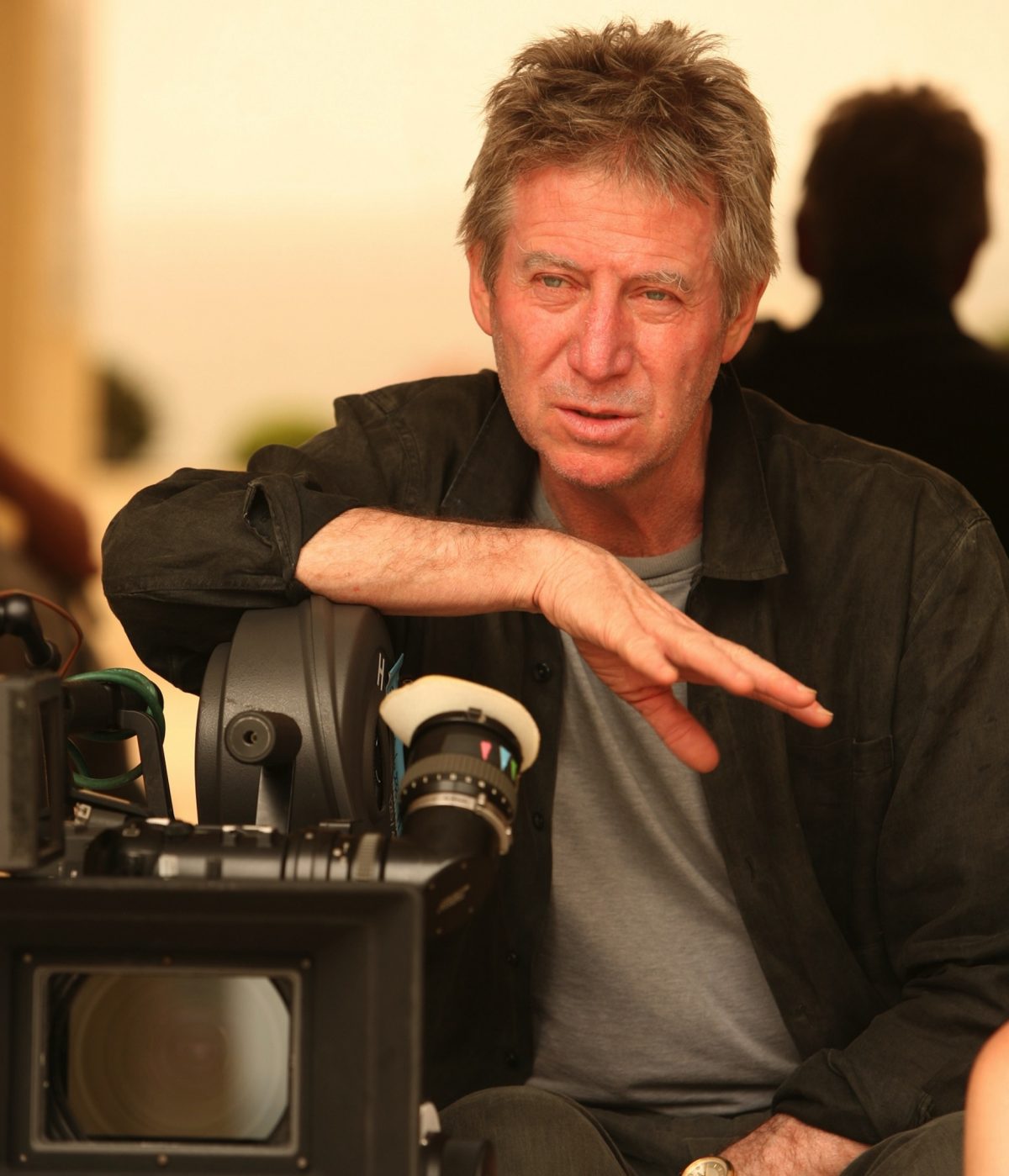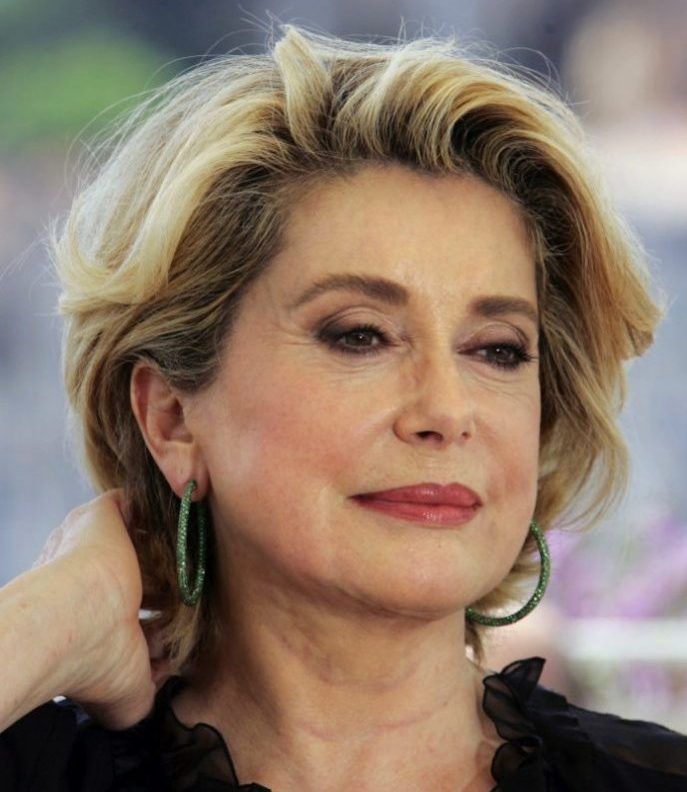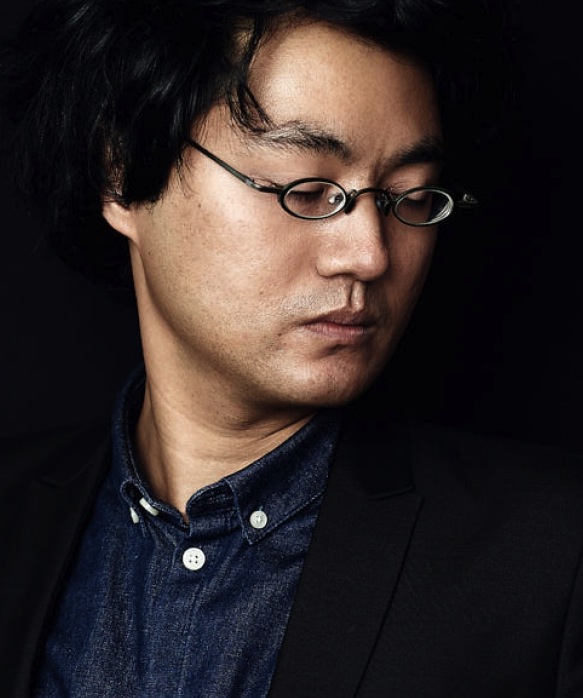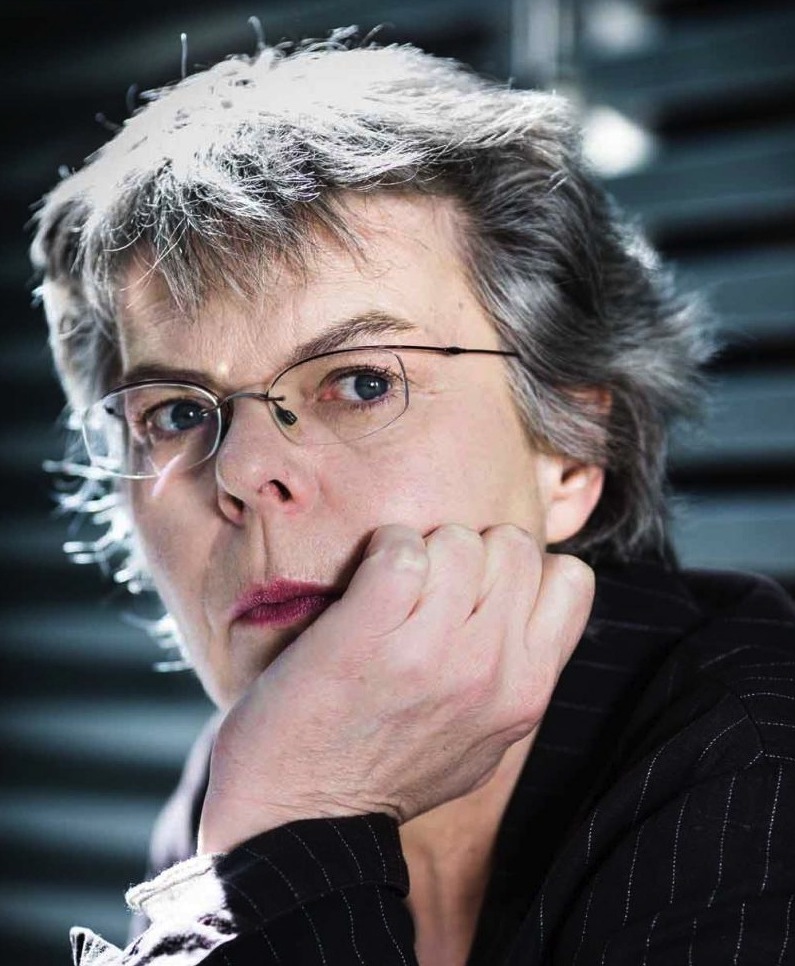Zéro de conduite
Jean Vigo
France – 1933

Screenplay: Jean Vigo
Cinematography: Boris Kaufman
Production: Franfilmdis Argui-Film
Language: French
Duration: 41 min
Color: Black and White
Synopsis: At a strict French boarding school life is a constant power struggle between the student body and the staff. The friends Caussat, Bruel, Colin, and the sensitive Tabard, are particularly raucous and frequently receive grades of “zero for conduct.” The boys’ ill behaviour is a direct response to the authoritarian, bigoted, and corrupt demeanor of the senior staff, particularly the head master, and the dorm supervisors. The one exception among the teachers is Huguet, newly appointed at the school, who from time to time likes to imitate Charles Chaplin to lighten the mood in the classroom. Fed up with rigid, ineffective rules, the boys decide to take over the school on Commemoration Day. After ransacking their dormitory they barricade themselves in the attic, from where they raise their ‘scull and bones’ flag of victory. Now, during the celebration open house, they have prepared a special surprise for the guests and dignitaries visiting their esteemed institution of learning.



